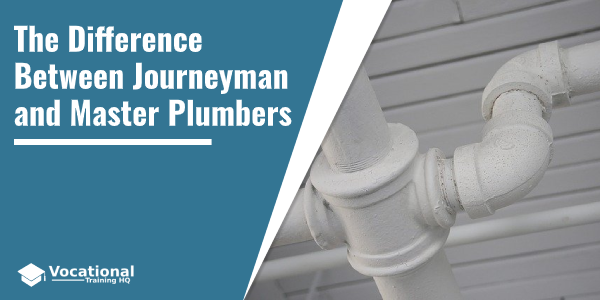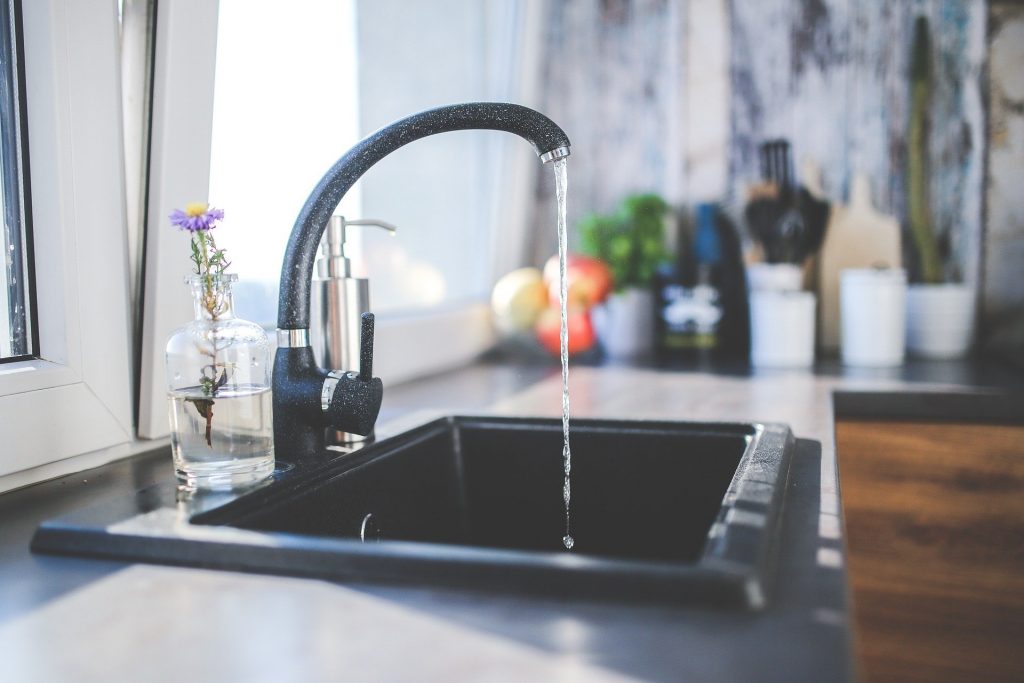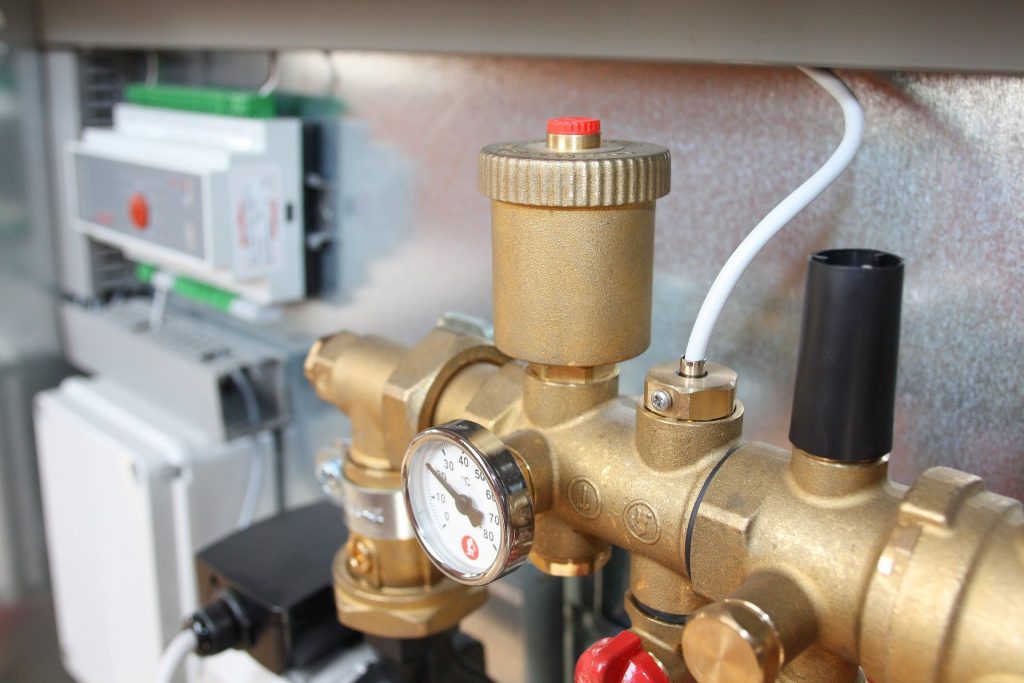While both journeymen and master plumbers are licensed professionals who can work unsupervised, only master plumbers can own a business in this field or supervise other plumbers.
However, all master plumbers have started their careers as journeyman plumbers.
Article Table of Contents
Job Description Differences
Because surprises in this line of work are quite common, in addition to installing fixtures and plumbing, plumbers need advanced knowledge of drainage systems, waste disposal systems, and piping.
Both journeyman and master plumbers are qualified to lay piping systems, fix sinks, install toilets and bathtubs, and repair water heaters, and dishwashers.
They may work in residential settings, factories, power plants, and water treatment facilities.
Master plumbers are sometimes teachers who are accompanied by an apprentice.
They are also qualified to supervise a team of journeyman plumbers.
In complex projects that require several plumbers, the master plumber is the one who calls the shots.
Different Education Requirements
Although exact requirements vary by state, before becoming a journeyman plumber you will typically need to complete a post-secondary training program or an apprenticeship and five years of practical experience under the supervision of a master plumber.
During training, prospective plumbers usually study blueprint reading, building codes, waste systems, residential plumbing repair, venting, and plumbing illustration.
After finishing the coursework, students get to practice for four to five years under the supervision of an experienced plumber, during which time they earn a salary.
The next step before becoming a Journeyman Plumber is to take the licensing exam.
Becoming a Master Plumber requires around seven to ten years of education and training, including two years of work at the Journeyman level.
After meeting the experience requirements you will have to take a certification test to be licensed as a Master Plumber.
The test covers federal and state regulations and building codes and will test your advanced plumbing skills.
After becoming a master plumber, if you decide to start your own business, you will also need good customer service skills to develop a client base.
Salary Differences
According to the Bureau of Labor Statistics, the median annual wage for plumbers, pipefitters, and steamfitters was $55,160 as of May 2019.
Salaries vary depending on the experience level and the level of certification and master plumbers typically have better-earning prospects.
The top 10 percent of all plumbers earned more than $97,170 per year while the less experienced 10 percent made less than $32,690.
Job Growth Prospects
This profession is projected to grow 4 percent from 2019 to 2029, according to the Bureau of Labor Statistics.
Job prospects depend on the local economy and the number of construction projects.
A plumber’s work opportunities may fluctuate depending on the time of the year.
Read the full guide: How to Become a Plumber


